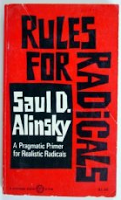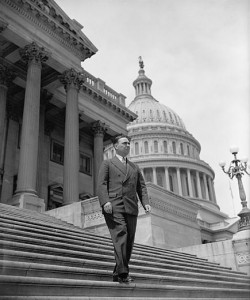The Library of Economics and Liberty is dedicated to advancing the study of economics, markets, and liberty. It offers a unique combination of resources for students, teachers, researchers, and aficionados of economic thought.
The website is provided by Liberty Fund, Inc., a private, educational foundation established to encourage the study of the ideal of a society of free and responsible individuals. The Foundation develops, supervises, and finances its own educational activities, with the goal of fostering discussion and thought on enduring topics pertaining to the creation and maintenance of such a society.







